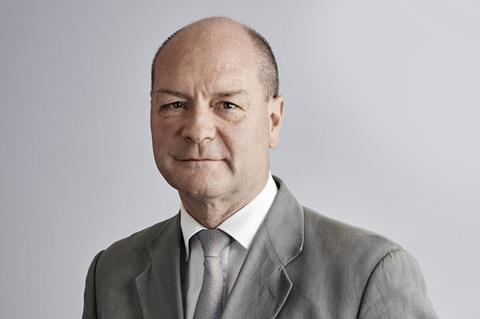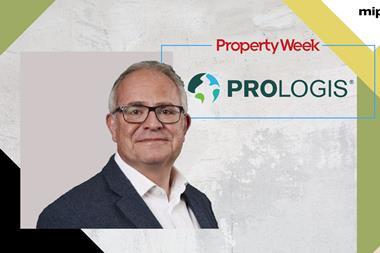PrimeLocation was launched in 2001 after nearly 200 agents, including Savills and Knight Frank, raised £11m to fund one of those new-fangled websites.

The site was sold for £48m to the Daily Mail group in 2005. In 2011, the Mail sold PrimeLocation to Zoopla but kept a stake. Zoopla then collected a fruit bowl of start-ups.
In 2014, Zoopla floated 38% of its stock, valuing the whole at £1bn. In 2018, US private equity house Silver Lake bought the whole bowl for £2.2bn. Zoopla founder Alex Chesterman is a very rich man.
Why mention this at the top of an article discussing the future of the International Property Securities Exchange (IPSX) with chief executive David Delaney?
There is a big difference between a residential website and what Delaney says is a “fully tested and ready to go stock exchange along with vital financial plumbing”, a slipway ready to launch £100m to £300m initial public offerings of single asset-backed shares to the public and institutions. But there is one similarity – hesitancy costs residential agents dear.
IPSX has to put compelling arguments to users standing on the verge
The blue-chip founders of IPSX came together in 2016.
An impressive team of City experts was hired. About £10m has been spent setting up the exchange – but there is still no stock to sell or buy.
Last October, Richard Croft of M7 promised to plunge in first and sell shares in the £179m Mailbox in Birmingham. Last month, M7 merged into Oxford Properties. What do they think? British Land’s Chris Grigg had promised to go first. What does new boss Simon Carter think?
Carter did not put his name to an open letter published by the BPF last week, which was signed by 30 industry figures including David Sleath of SEGRO and Croft.

BPF boss Melanie Leech said: “We believe that IPSX is a significant development in the modernisation of the real estate capital markets. We support its ambition to create a liquid market for single properties, with dividend and cost transparency, either as a direct or SIPP investment, and available to all market participants.”
Delaney discloses that 38 deals embracing property worth £12bn are in the pipeline – including the Mailbox float. “We believe M7 will go ahead in the first half of this year,” says Delaney.
Disclosures by Delaney
Delaney also discloses something else as well: IPSX is looking for an investor from outside the UK property sector.
“We are looking to bring in strategic investors, perhaps from outside the UK, firms with global data experience that can help support our expansion plans,” he says, adding that those in the pipeline are “doing more than kicking the tyres”.
He reveals that an industrial owner-occupier may float part of its estate rather than doing a sale-and-leaseback and that an owner of government-leased offices is looking to float a minority stake rather than taking on debt.
But Delaney knows IPSX has to put compelling arguments to users standing on the verge, going: ‘No, after you… No, no…. after you.’
Most readers will be well-versed in the arguments for and against: transparency and a fresh pool of capital against edge-giving opacity and the comfort of the status quo.
But Delaney did come up with one point I had not appreciated. “Mixed-asset property company shares tend to trade at a discount to their net asset value, mono-asset business at a premium.”
Meaning single plums are worth more than mixed-fruit assets. British Land is trading at a 32% discount and SEGRO a 23% premium.
No point in SEGRO floating assets. But shareholders in mixed fruit propcos could maybe do better if a few plum assets were floated on IPSX.
Peter Bill is a journalist and the author of Planet Property and Broken Homes































1 Readers' comment